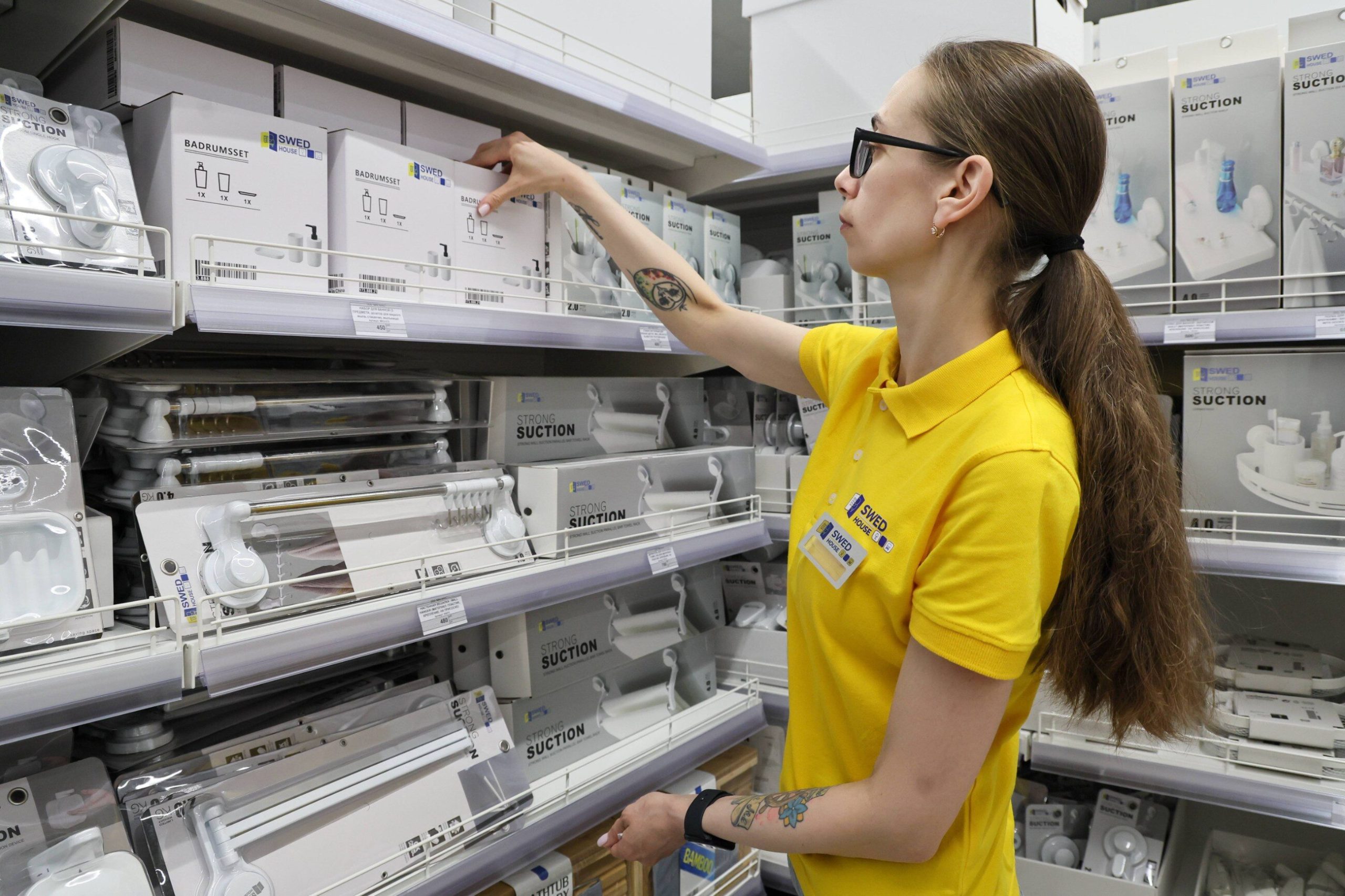Russian companies pretend to be Western brands. They are trying to fill the gap

In Russia, local lookalikes replace Western companies that left the local market after the invasion of Ukraine began. Its equivalents include: Ikea, Zara, Starbucks or McDonald’s.
When Swed House, a Scandinavian-style homewares brand run by Belarusian entrepreneur Murat Shagylydzhov, was launched in the winter of 2021, it was one of many local companies operating in the shadow of furniture giant Ikea. The company spread its wings after Russia’s attack on Ukraine and the Swedish company’s withdrawal from the Russian market. Stores appear in both Russia and Belarus, offering a range of products almost identical to those of its Swedish original.
Made in Russia
Swed House is one of many similar brands that have come to fill the empty niches left by the war in Ukraine, which forced hundreds of international companies to withdraw from the Russian market.
The American burger group McDonald’s gave way to a successor Vkusno & tochka, and donut manufacturer Krispy Kreme was replaced by a substitute Krunchy Dream. In the social media biography of the Stars Coffee coffee chain that replaced Starbucks, we aptly read: “The dollars have gone, but the stars remain.”
Russian companies imitate Western ones
While imitation brands are unlikely to nurse Russia’s economy back to health, they could ease pressure on the government, reassuring a public that has become accustomed to a post-Soviet abundance of affordable consumer goods.
A study by B4Ukraine and the Kiev School of Economics shows that since the beginning of the invasion, about 300 Western companies have left Russia, while about 1,600 brands still operate in the country, paying $3.5 billion in taxes on their profits in 2022. The report shows that the Western consumer goods sector generated revenues of more than $21 billion in Russia last year.






